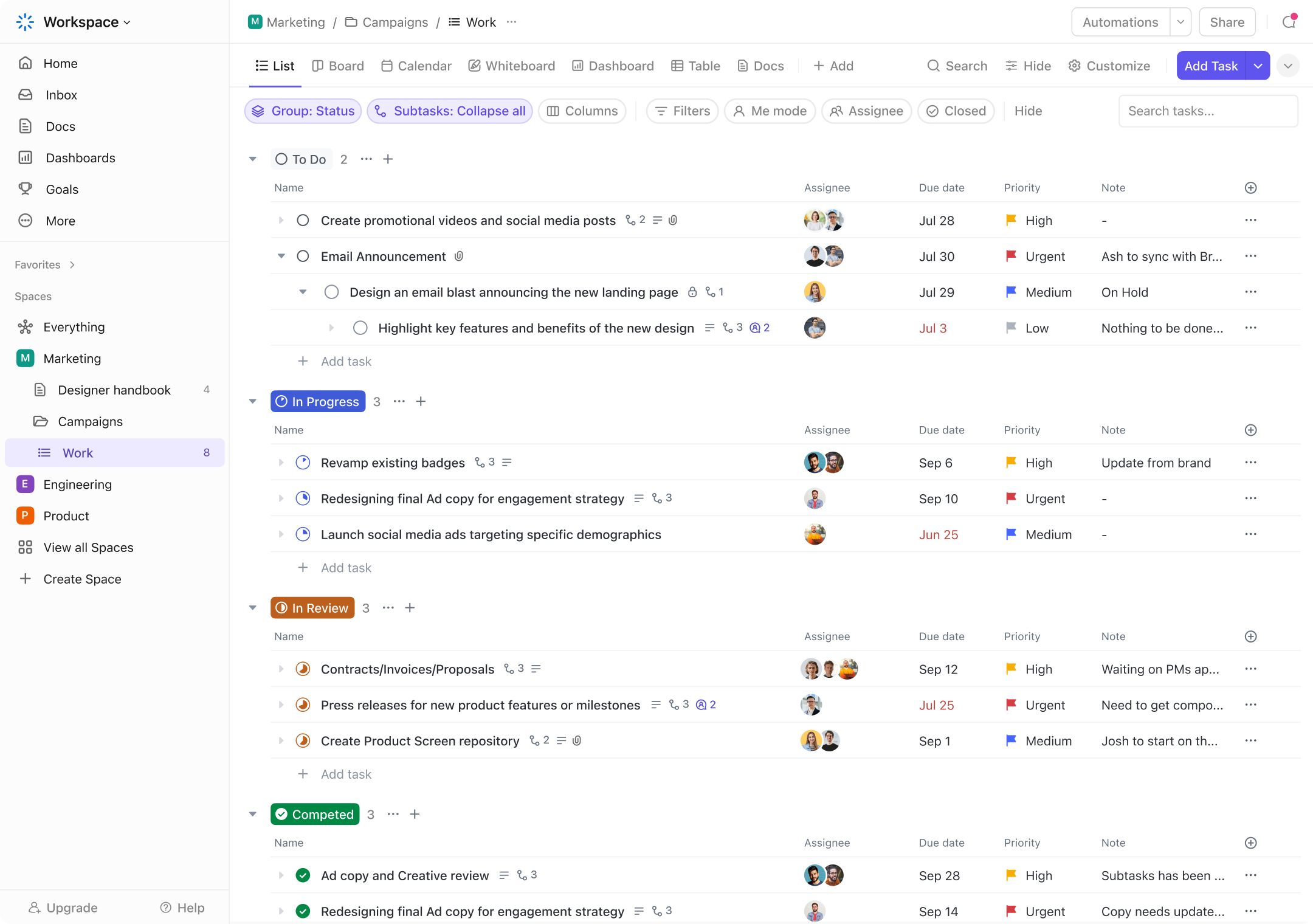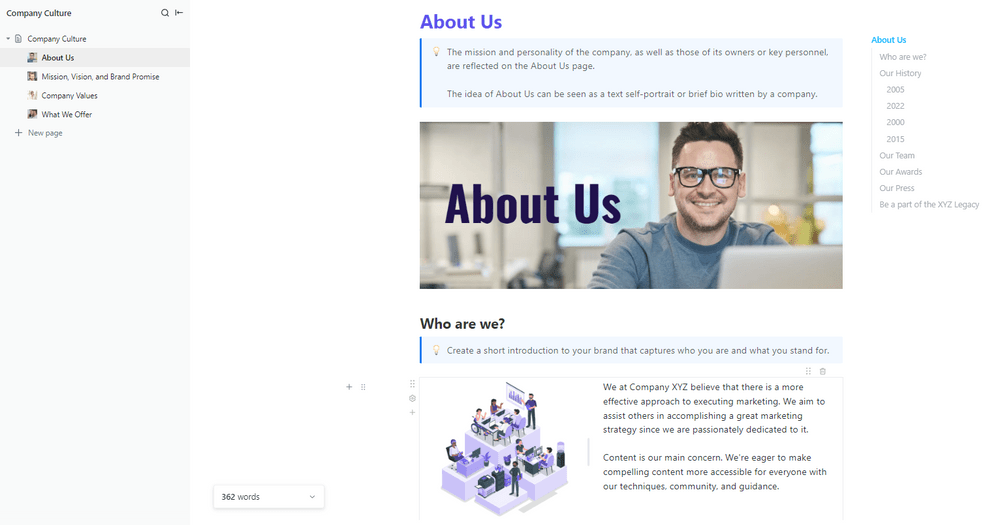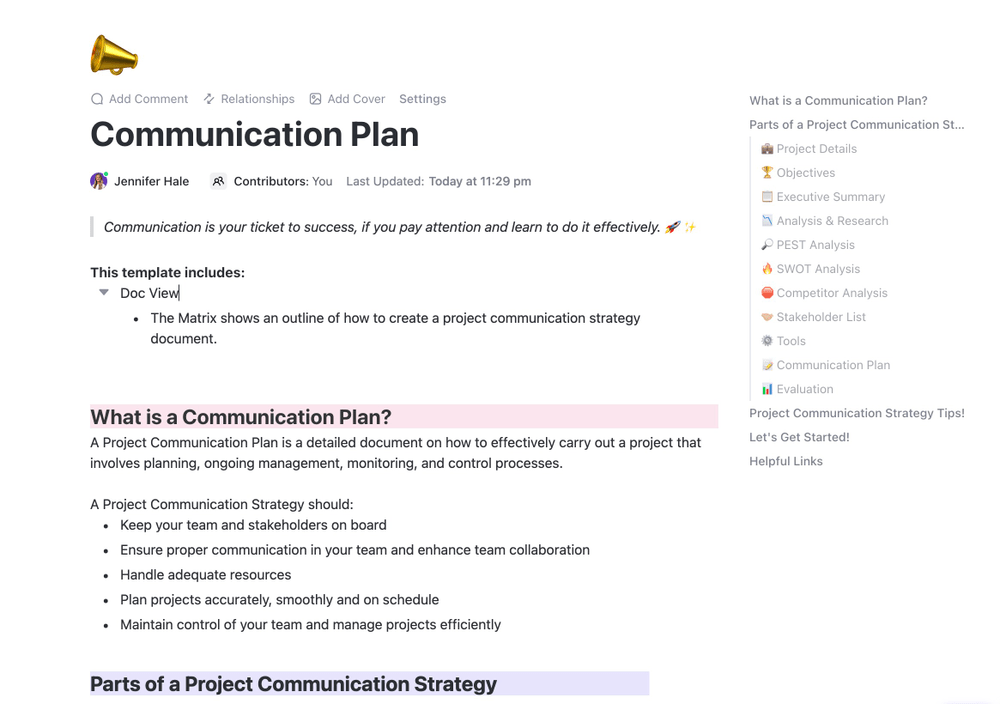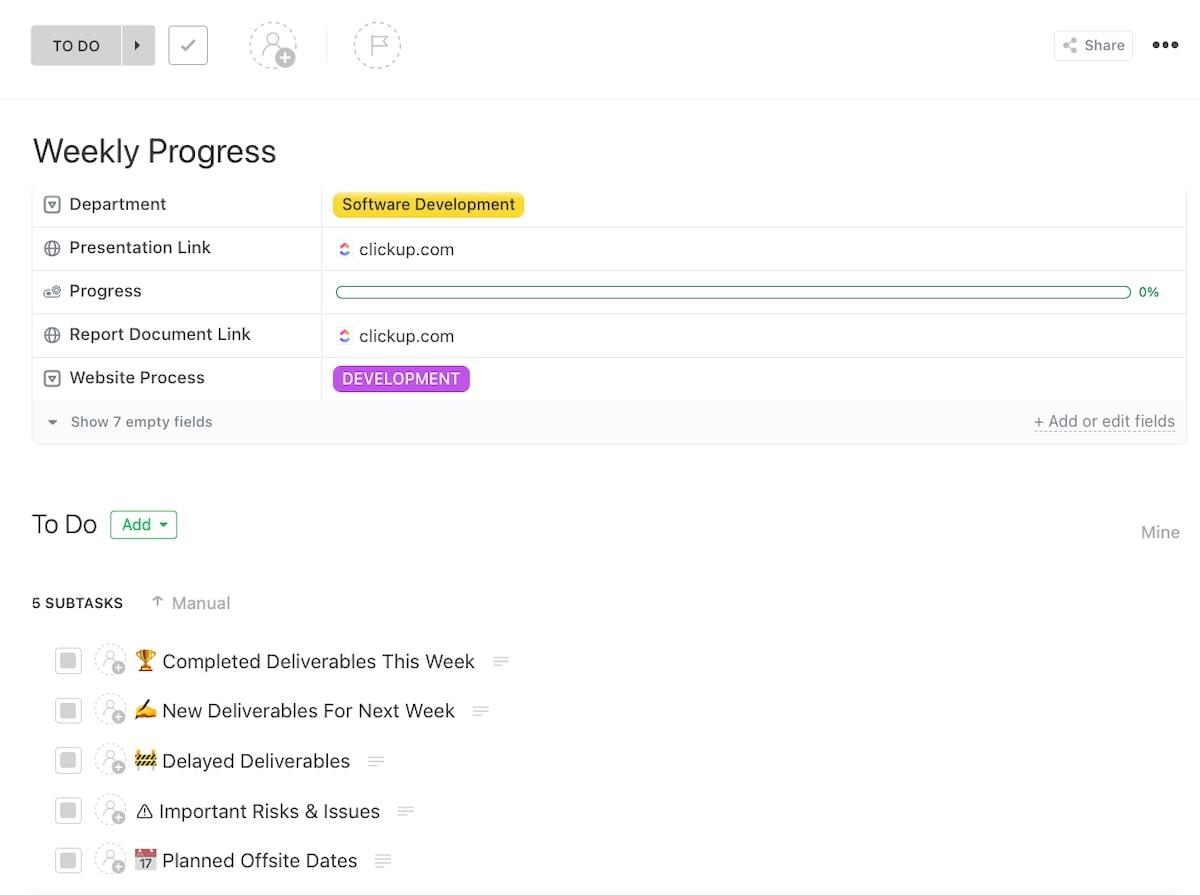Managing large teams can be challenging. Disjointed communication, misaligned expectations, siloed teams, and unclear goals play a huge role. Then how do big organizations like Pixar and Google thrive? It depends on the team culture, says Daniel Coyle in The Culture Code.
This book isn’t just your typical workplace read—it’s a journey into the heart of what makes teams truly thrive.
The Culture Code Book Summary at Glance
The Culture Code by Daniel Coyle is an insightful study on how a great team culture sets the foundation for highly successful groups and organizations. Coyle argues that specific creative skills and dynamics are common to most successful groups, enabling them to thrive in various environments.
Throughout the book, Coyle illustrates his points through captivating case studies of organizations with highly successful cultures. From Pixar’s creative powerhouse to the elite teamwork of the U.S. Navy SEALs, each example offers valuable insights into the culture-building process.
By examining real-world scenarios from The Culture Code, you can better understand the principles and practices that contribute to creating high-performance teams.
- Author: Daniel Coyle
- No. of pages: 304
- Year published: 2018
- Estimated reading time: 3 hours 46 minutes
- Publisher: Random House Business
- Goodreads rating: 4.46/5
- Listening length: 7 hours and 13 minutes
The Culture Code provides compelling insights into the underlying dynamics of successful groups and offers practical strategies for cultivating a positive team culture and organizational culture. Whether you’re a leader looking to foster collaboration within your organization or an individual striving to contribute effectively to a team, the book offers actionable advice and guidance for building a culture of excellence and core values.
Key Takeaways from The Culture Code by Daniel Coyle
1. Safety first
Building an effective teamwork culture starts with ensuring psychological safety at the workplace. Psychological safety helps individuals feel safe expressing themselves and being vulnerable. It empowers people to take risks without the fear of judgment and builds trust within the larger team. This improves team collaboration, professional development, and innovation.
As Coyle says—“The number-one job is to care for each other.”
- Accepting our shortcomings takes a lot of courage. Therefore, leaders must first create a safe work environment to build trust and cooperation.
2. Embrace vulnerability
Encouraging vulnerability within a group fosters deeper connections and stronger relationships. When team members are willing to admit their weaknesses and share their struggles, they build empathy and strengthen bonds.
Coyle expresses, “True greatness is achieved by embracing vulnerability, taking risks, and learning from failure.”
- He says a vulnerability loop is the most fundamental building block of group cooperation and trust. To do this, avoid giving sandwich feedback (a manager giving a piece of negative feedback “sandwiched” between two positive ones). Instead, aim for radical candor to avoid brutal honesty, as followed at Pixar.
3. Establish a clear purpose
Successful groups have a compelling sense of purpose that unites group members and guides their actions. Such groups define a shared mission to establish purpose, which ensures each team member aligns individual efforts toward common goals.
- Here’s what Coyle says, “The idea behind building purpose is not to get a brilliant breakthrough moment but rather about building systems that create lots of ideas to help unearth the right choices.”
Not everybody has a eureka moment every day. However, by establishing a clear purpose, teams can work on small ideas leading to greater achievements.
Coyle explains that building a purpose is about setting your priorities straight. List and rank your priorities, align team members’ goals, and measure what matters.
4. Lead by example
Leaders play a crucial role in setting organizational behavior and shaping a group’s identity and culture. By embodying the values and behaviors leaders wish to see in their successful teams, leaders set the tone for collaboration, trust, and team accountability.
- Coyle talks about the Lighthouse Method—it’s about providing a clear, guiding light that helps individuals or teams navigate from their current position (A) toward a desired future state (B). This approach is often characterized by setting clear goals, establishing values, ensuring transparency, and creating a vision that aligns with the purpose.
5. Celebrate small wins
Recognizing and celebrating progress, no matter how small, reinforces positive body language and encourages team efforts. By building a culture of appreciation and acknowledgment, you foster a sense of belonging and accomplishment within the group.
A team that communicates effectively trusts each other, and utilizes every person’s strengths is more likely to achieve its goals than one that relies on a superstar performer.
- Coyle states, “Success is not about the lone genius or the superstar performer but about the collective effort of a team.”
6. Encourage diverse perspectives
Embracing diversity of thought and experience enriches group cohesion and enhances problem-solving abilities. Leaders should encourage open dialogue and welcome different viewpoints to foster creativity and innovation.
“Valuing the individual isn’t just about being nice; it’s about harnessing the full power of each person on your team.”
- Valuing individuals should go beyond being just cordial. It also means taking others’ perspectives into account and utilizing their strengths, talent, and potential.
7. Invest in relationships
Building strong relationships within the group is essential for promoting trust and collaboration. Leaders must cultivate strong connections among team members to create a supportive and cohesive environment.
- Coyle highlights the importance of investing in relationships by saying, “Cultures that foster deep connections among team members create a sense of collective ownership and responsibility.”
It signifies that when teammates feel strongly connected, they have a sense of responsibility and collective ownership. Team members also feel encouraged to contribute actively and take responsibility for their actions.
8. Continuous improvement
Cultivating a strong group culture is an ongoing process requiring everyone’s commitment and effort. Regularly assess and refine group dynamics, seeking feedback and implementing necessary changes to create safety and ensure continuous growth and success.
Moreover, extraordinary leaders provide direction and help the team members perform better.
- Coyle explains, “Cultures thrive when leaders create an environment that enables people to become their best selves.”
Popular The Culture Code Quotes
Apply The Culture Code Learnings with ClickUp
The Culture Code is a valuable resource for improving your company culture and building a positive work environment. However, implementing these learnings requires team spirit and collaborative effort. One of the best ways to apply The Culture Code learnings is to use efficient workplace communication tools such as ClickUp that streamline workflows and promote accountability within teams.
Here’s how you can use ClickUp to implement specific insights from The Culture Code:
ClickUp is an all-in-one platform for effective team communication, collaboration, and project management.
Manage team tasks
Team efficiency and productivity are all about efficient task management. Use ClickUp Tasks to set shared goals. It allows you to assign action items and comments, create checklists, build a task database, and automate recurring tasks. Its features, such as task watchers, enable real-time updates and encourage open dialogue among team members while keeping everyone in the loop.
ClickUp allows teams to set clear goals, priorities, and deadlines for each task or project. By aligning individual tasks with overarching objectives, ClickUp helps establish a sense of purpose within the team. Members understand how their contributions contribute to the organization’s larger goals, motivating them to work collaboratively toward the same outcome of shared success.
Improve company culture
Company culture sets the foundation for high-performance teams. If you’re looking for inspiration, the ClickUp Company Culture Template can get you started with the basics of a thriving company culture. It allows you to visualize and align team priorities and set shared values and expectations. This template focuses on team collaboration, productivity, and employee engagement and helps you build a unified culture.
Ensure seamless collaboration
You can also promote seamless collaboration among team members through comments, @mentions, and file sharing. Teams can easily communicate, share updates, and collaborate on tasks within the platform. It promotes teamwork, fosters a sense of belonging, and strengthens the bonds within the team.
The ClickUp Communication Plan Template helps you set team communication processes, organize goals, and manage stakeholders.
Build psychological safety
Streamlined workflows and transparency into project progress create a sense of psychological safety within teams. ClickUp offers a centralized platform for task management, communication goals, and collaboration. This makes team members feel comfortable sharing their ideas, updates, concerns, and feedback, knowing they can access all the necessary information and support to carry out their tasks effectively.
Encourage vulnerability
Open communication promotes a culture of vulnerability where individuals feel comfortable expressing their thoughts, asking for help when needed, and admitting mistakes.
The ClickUp Team Space Template promotes open communication by enabling teams to collaborate on team tasks and projects in real time and discuss concerns.
Establish a Stellar Company Culture with ClickUp
Prioritizing a strong company culture is essential for fostering a thriving and high-purpose environment. Implementing the principles outlined in The Culture Code using tools like ClickUp can create a culture that promotes collaboration, transparency, and employee well-being.
Sign up for free on ClickUp to build a culture that drives success and fosters employee satisfaction and loyalty.









